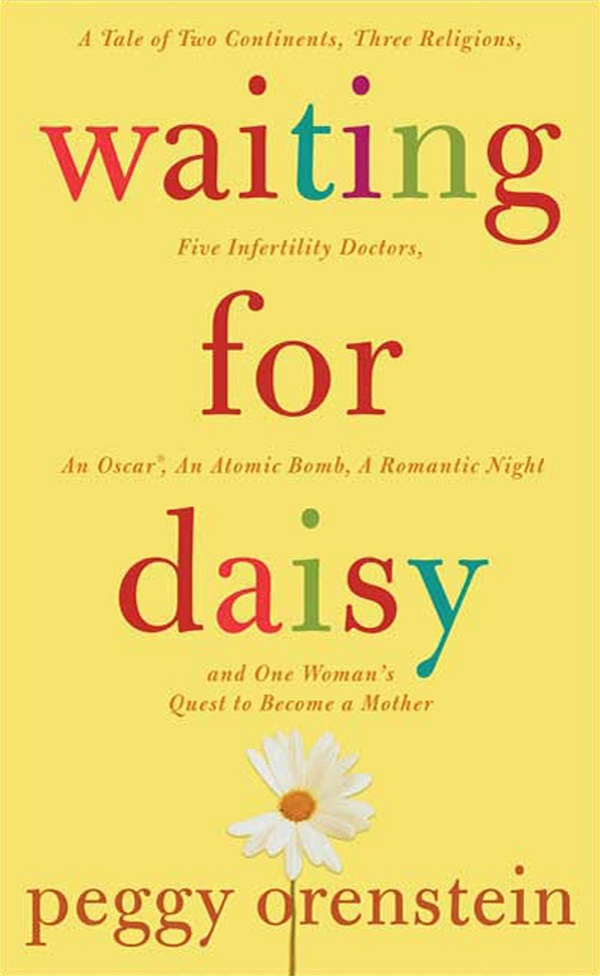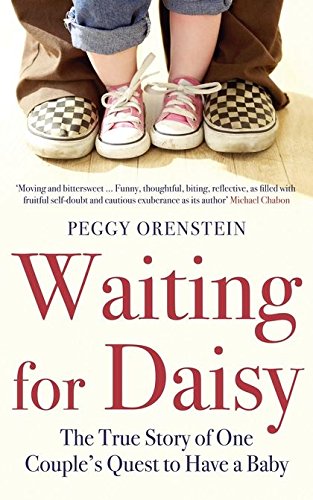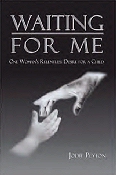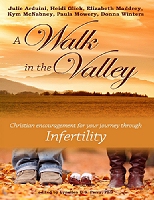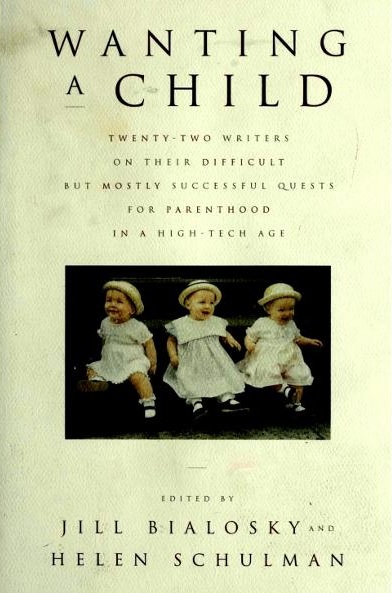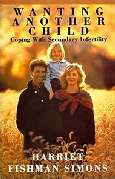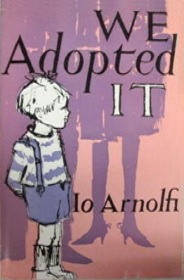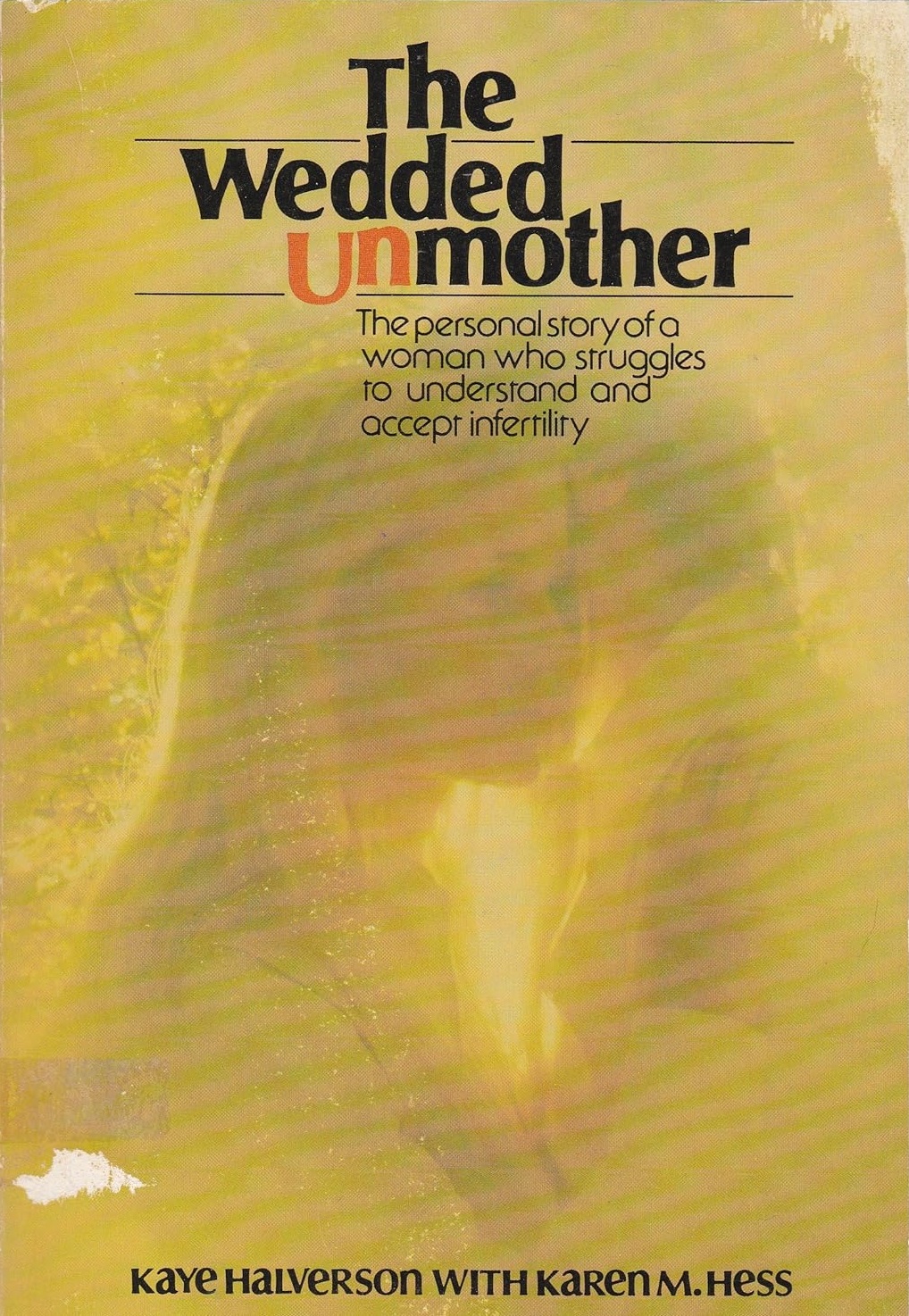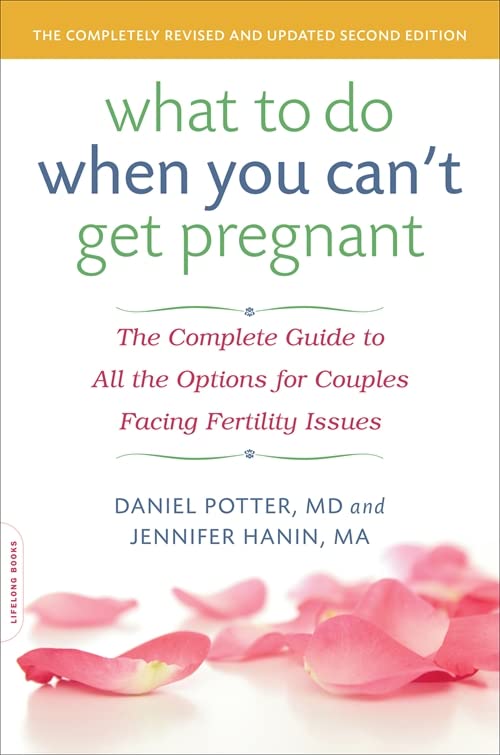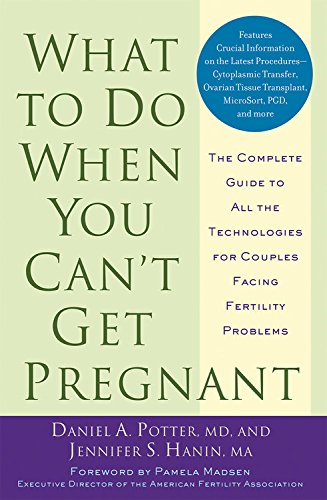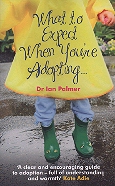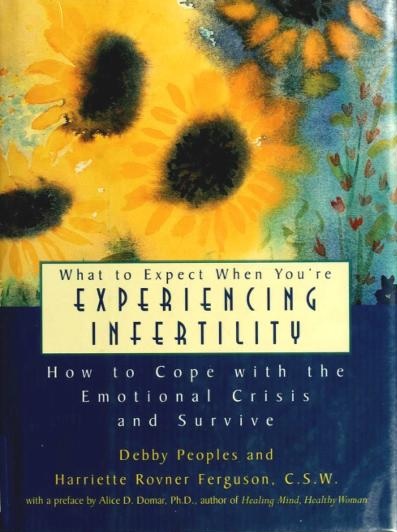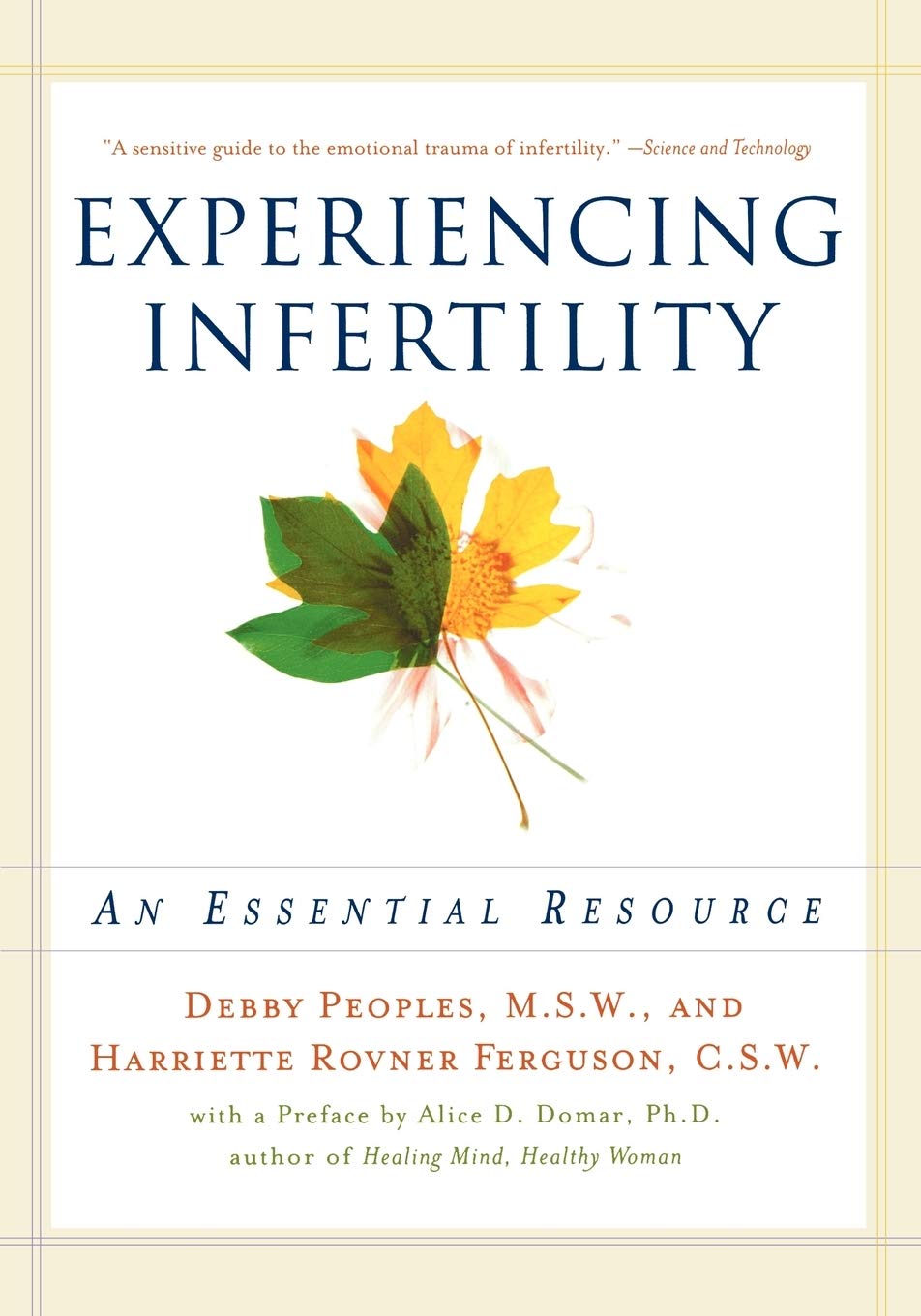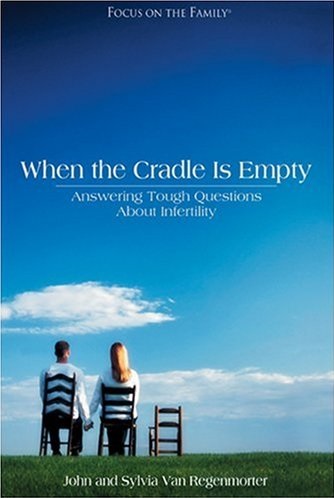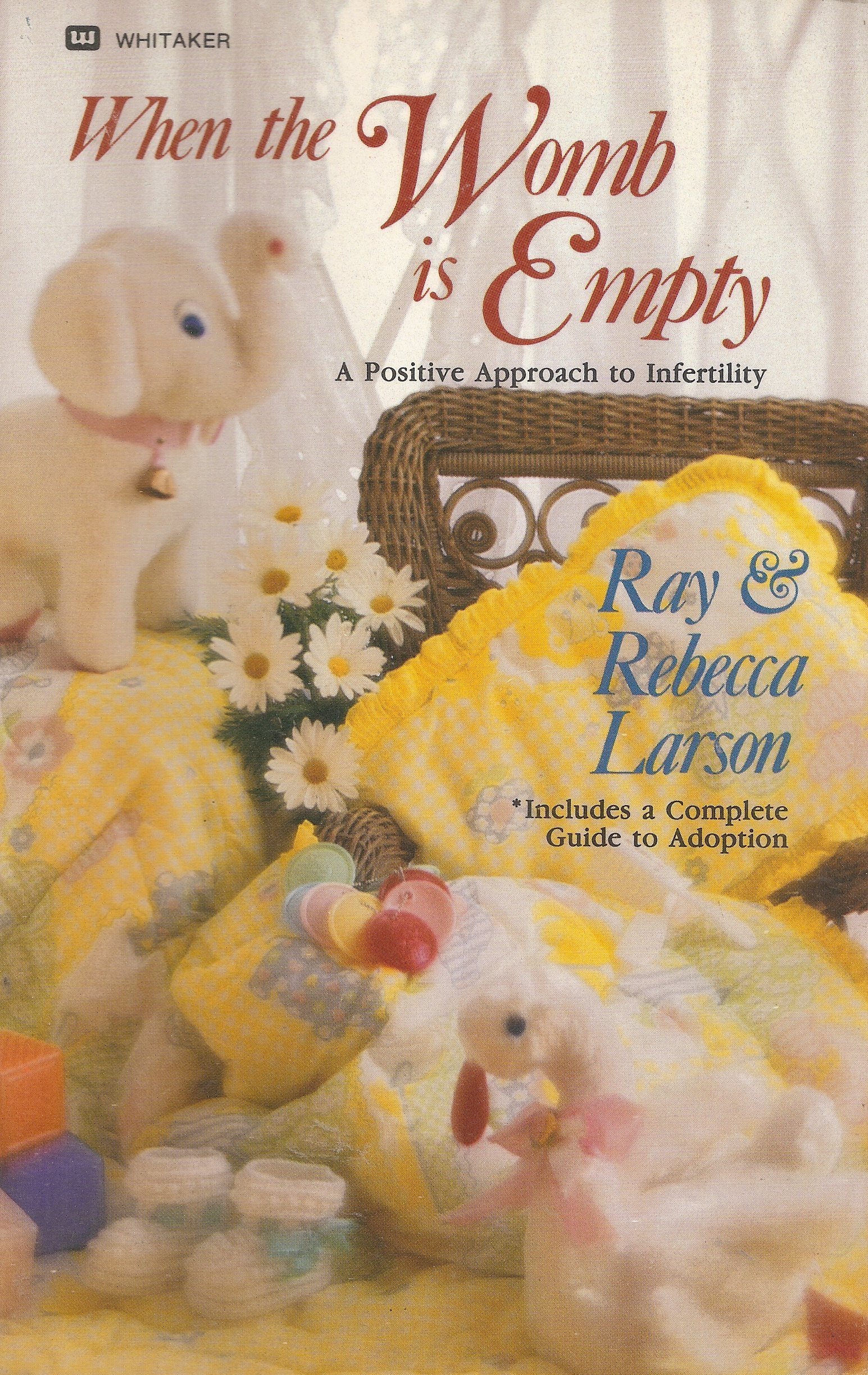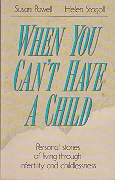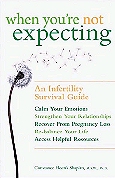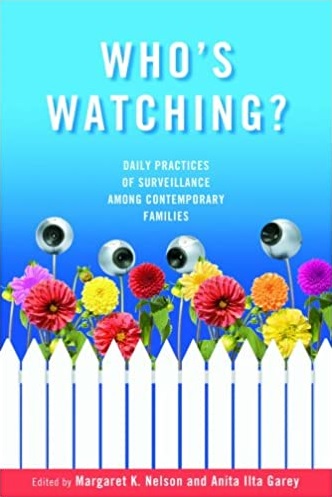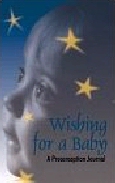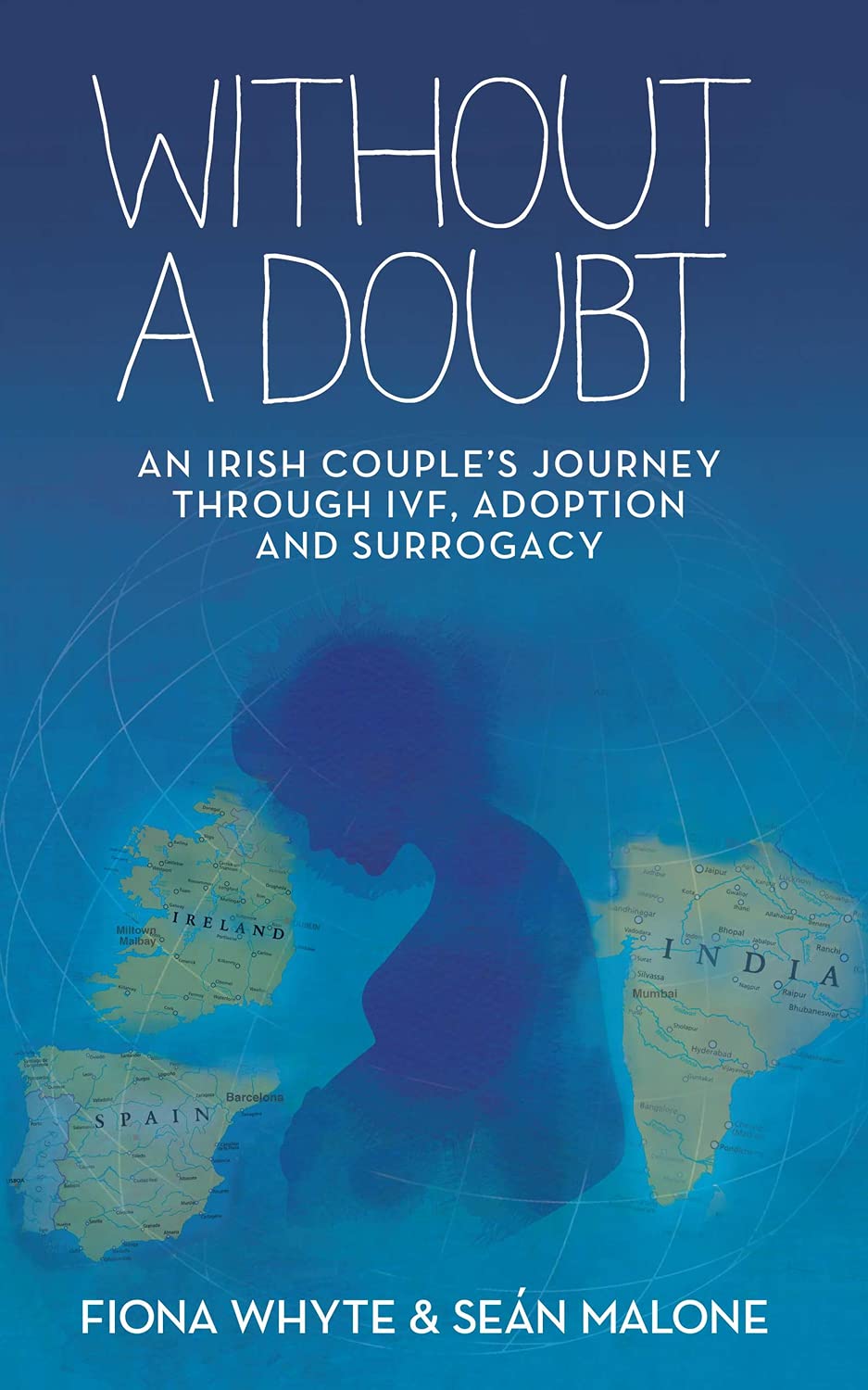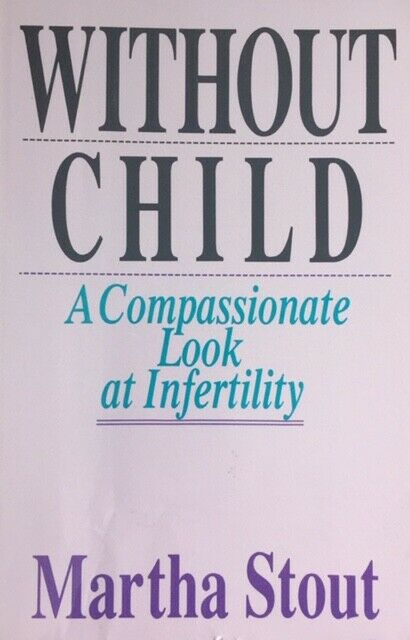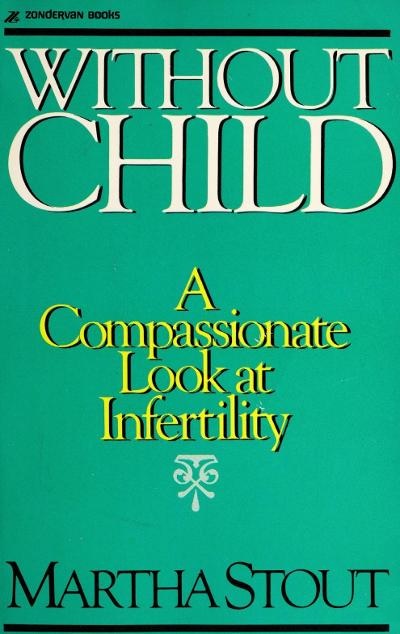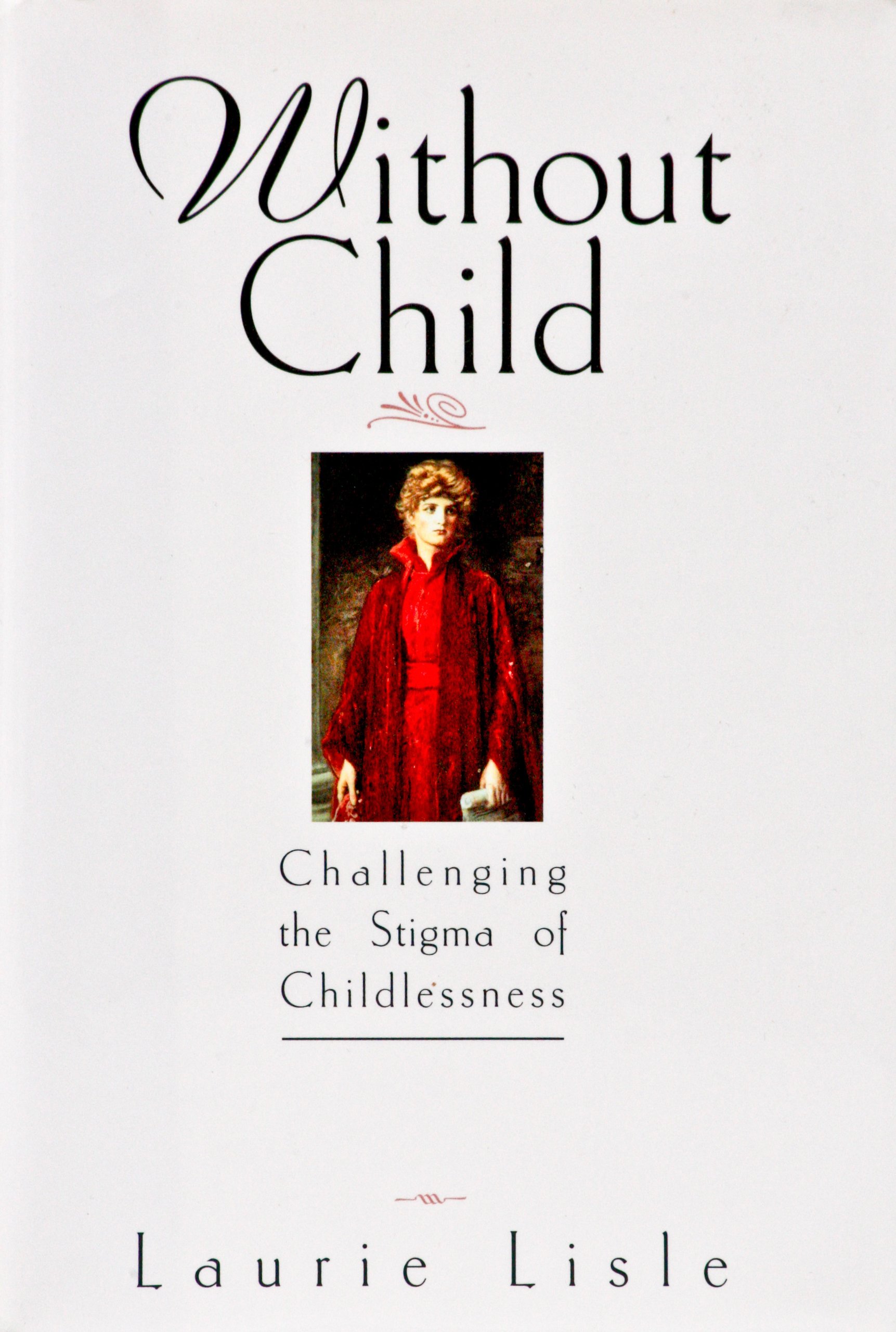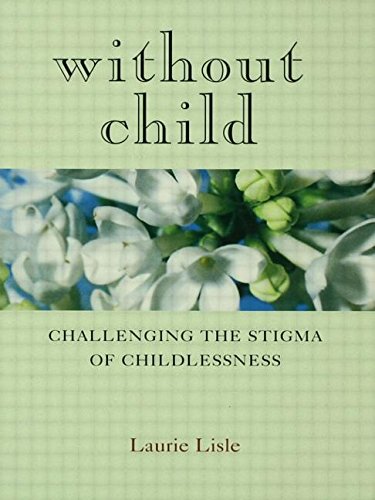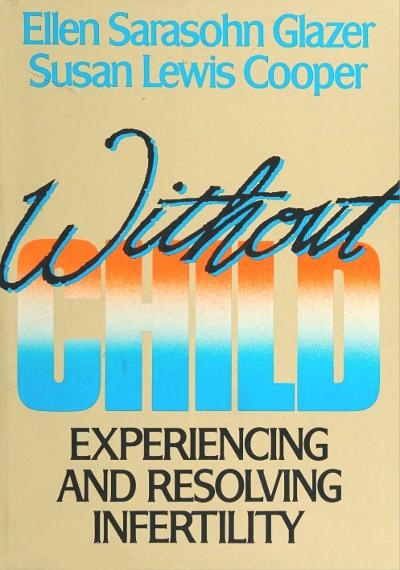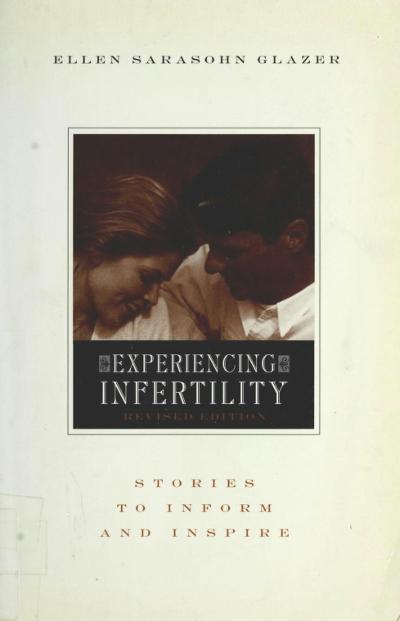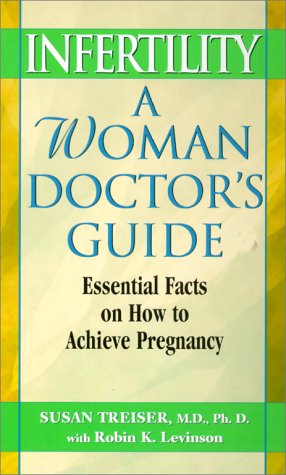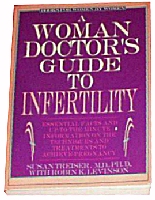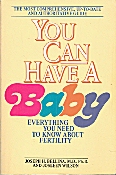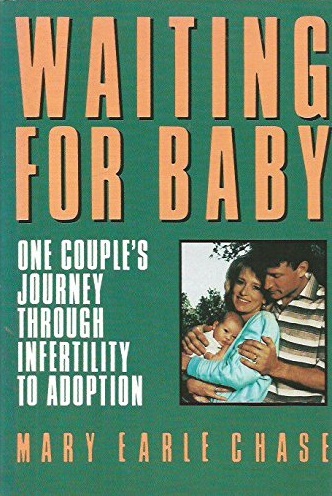 |
|
 |
Waiting for Baby is the very personal and moving story of one couple’s struggle to have a child. Married for the first time in her late thirties and faced with the tyranny of the biological clock, Mary Earle Chase and her husband felt helpless and obsessed, willing to try almost anything—from acupuncture, to fertility drugs, to consultations with psychics—to get pregnant. The book traces the course of their treatment, providing basic information about the medical interventions most infertile couples undergo. It also illuminates, through their own experience as well as those of other couples, the emotional traumas of infertility and how couples cope with their pain, disappointment, and loss. The story of how the Chases resolved their dilemma through adoption provides an intimate insight into the decision to adopt and the joyous opportunities adoption represents for childless couples.
Beyond the personal perspective, Waiting for Baby offers up-to-date information, advice, and encouragement for couples who face the difficult decisions involved in trying to have a child—either through medical technology or through adoption. Drawing on the experience of other couples and professionals in the field, Mary Chase threads a path through the maze of medical, emotional, and financial choices to help would-be parents ease the impact on their self-esteem, their careers, and their relationships with family, friends, and each other. For those interested in adopting, she examines the new issues surrounding adoption today and offers a positive approach to pursuing it successfully.
The basic premise of the book is that if you truly want to be a parent, you can have a family. Upbeat and inspiring, Waiting for Baby encourages couples to be responsible and aggressive in seeking medical treatment and/or in finding a baby to adopt. Written with humor and compassion, it provides a fresh perspective on a painful problem and offers hope to millions of couples that their dream of becoming parents will come true.
About the Author: Mary Earle Chase is an author and writer/producer for film and video. She lives in Mill Valley, California, with her husband, Bill, and son, Alexander.
